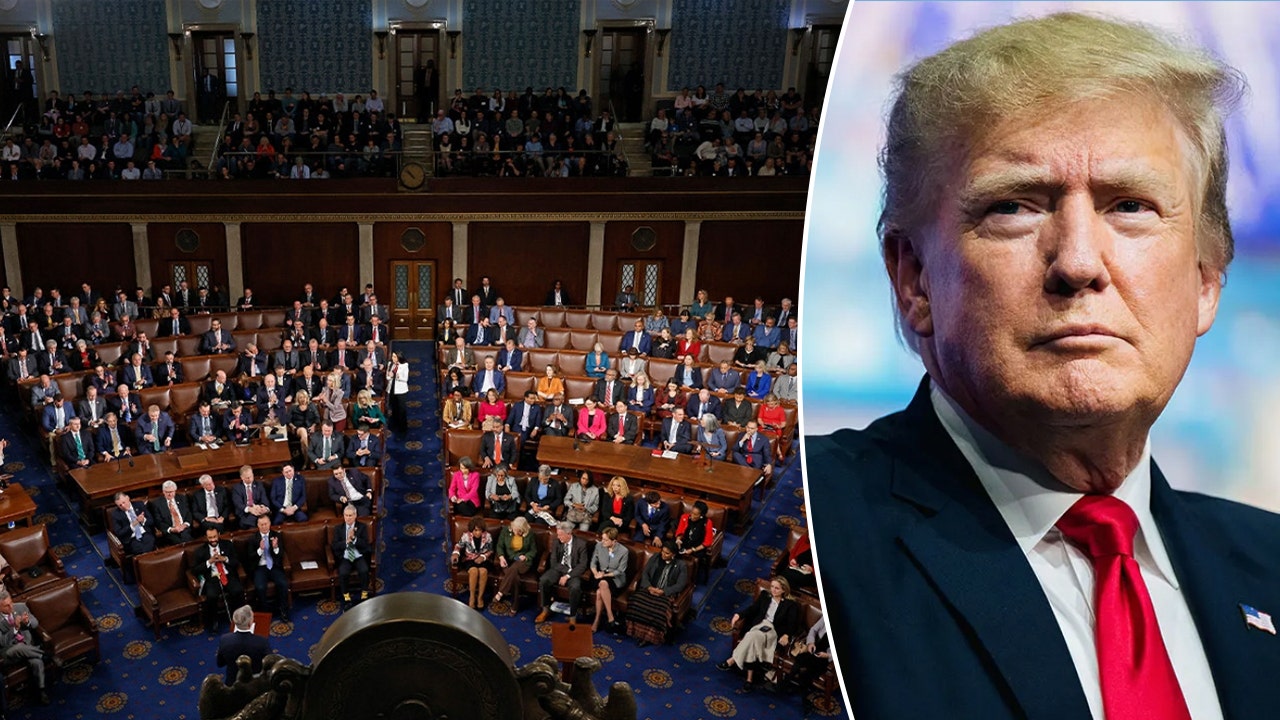War powers debate: Who has authority for military strikes on Iran?

course of action when it comes to sending American troops into harm’s way.
The reality is that war is messy, complicated, and often unpopular. Lawmakers know that taking a stance on military action can be politically risky. It’s much easier to defer to the president and let them make the tough decisions.
But the Founding Fathers didn’t intend for war powers to be concentrated in the hands of one person. They wanted a system of checks and balances, with Congress having the ultimate authority to declare war. The President, as Commander in Chief, has the power to lead the military in battle, but only Congress can officially authorize military action.
In recent years, however, Congress has been hesitant to use its war powers. The last time the U.S. officially declared war was in 1942, against Romania. Since then, Congress has relied on authorizations for the use of military force (AUMFs) to send troops into combat.
These AUMFs are broad and open to interpretation, allowing presidents to use them for various military actions around the world. The 2001 AUMF, passed after 9/11, has been used by four different presidents to justify military interventions.
But many lawmakers believe that these AUMFs are outdated and need to be reevaluated. They argue that Congress needs to reclaim its authority when it comes to sending American troops into battle.
The recent airstrikes on Iran have reignited the debate over war powers in Congress. Democrats and Republicans alike have expressed concerns about the president’s authority to launch military strikes without congressional approval.
Some lawmakers, like Rep. Nancy Mace, argue that the president has the right to take decisive action as Commander in Chief. Others, like Rep. Thomas Massie and Sen. Tim Kaine, believe that Congress must have a say in whether the U.S. goes to war.
The reality is that the issue of war powers is a complex and contentious one. Lawmakers must navigate the delicate balance between national security and constitutional authority. The debate over who has the final say in matters of war will continue to be a central issue in American politics for years to come.




